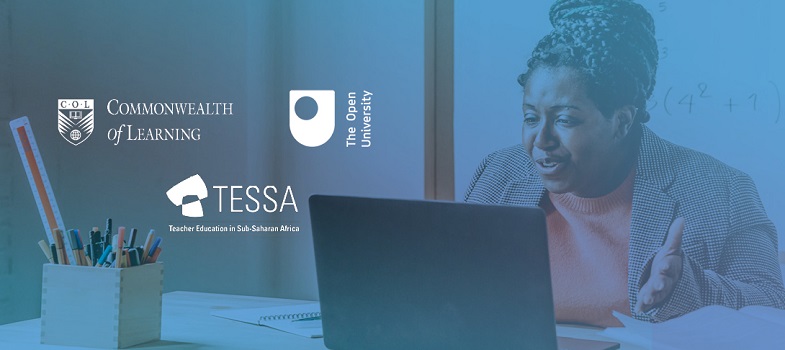Week 4: A toolkit for inclusive teaching and learning
1. Introduction
1.3. Developing knowledge for teaching
Many teachers find that in their training they learn ‘knowledge for practice’ by attending lectures, reading books and answering exam questions. ‘Knowledge of practice’ and ‘knowledge in practice’ come from teaching practice (or practicum/school experience) and from on-going professional practice as a teacher or teacher-educator. Current research suggests that knowledge of practice and knowledge in practice are developed most effectively through collaboration, practise and reflection.
This course focuses on helping you develop your ‘knowledge of practice’ and ‘knowledge in practice’.
Figure 2 Teachers in Kenya working together during school-based teacher development
Many teacher preparation and in-service courses focus on ‘knowledge for practice’, whereas what teachers need is ‘knowledge of practice’ and ‘knowledge in practice’.
In an attempt to support ‘knowledge of practice’ teachers are sometimes provided with ready-prepared lessons plans. These can be helpful but they are unlikely to work exactly as the person writing the plan intended as they have no knowledge of the context in which it will be used.
This course takes the view that learning to teach involves building a ‘toolkit’ and opening up possibilities for practice. Even a prescribed lesson plan has to be adapted for a particular context, and to do that teachers need strategies that are underpinned by evidence. They need to collaborate, practise and reflect. In the next section you will learn about reflection as a mechanism through which teachers start to develop and consolidate ‘knowledge of practice’ and ‘knowledge in practice’.
